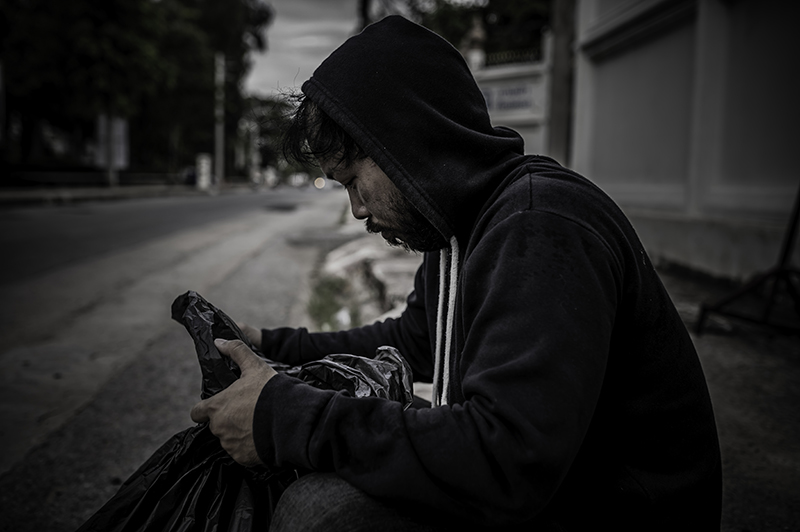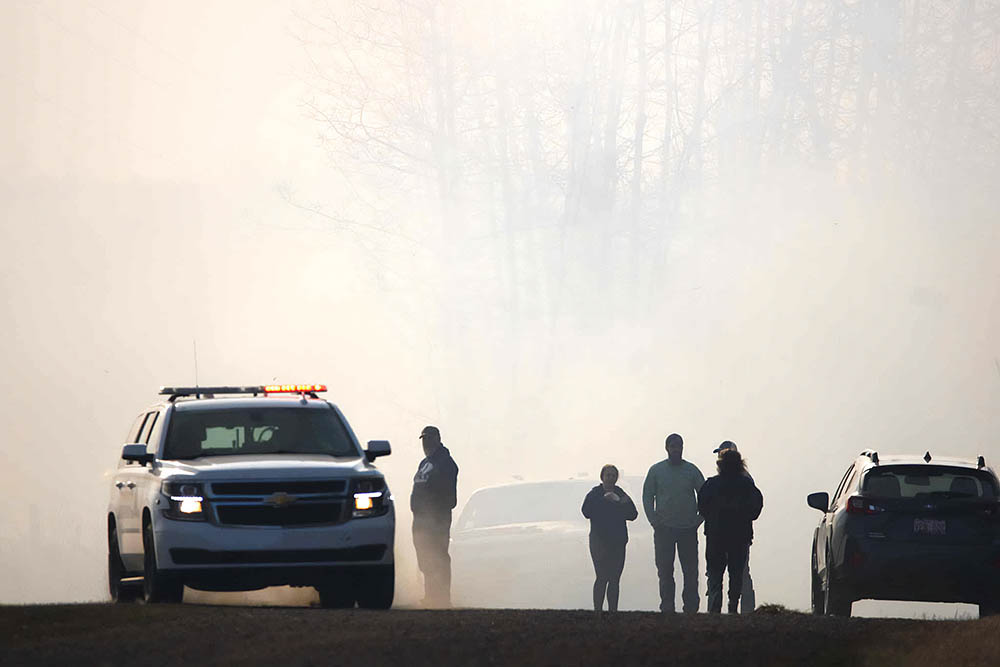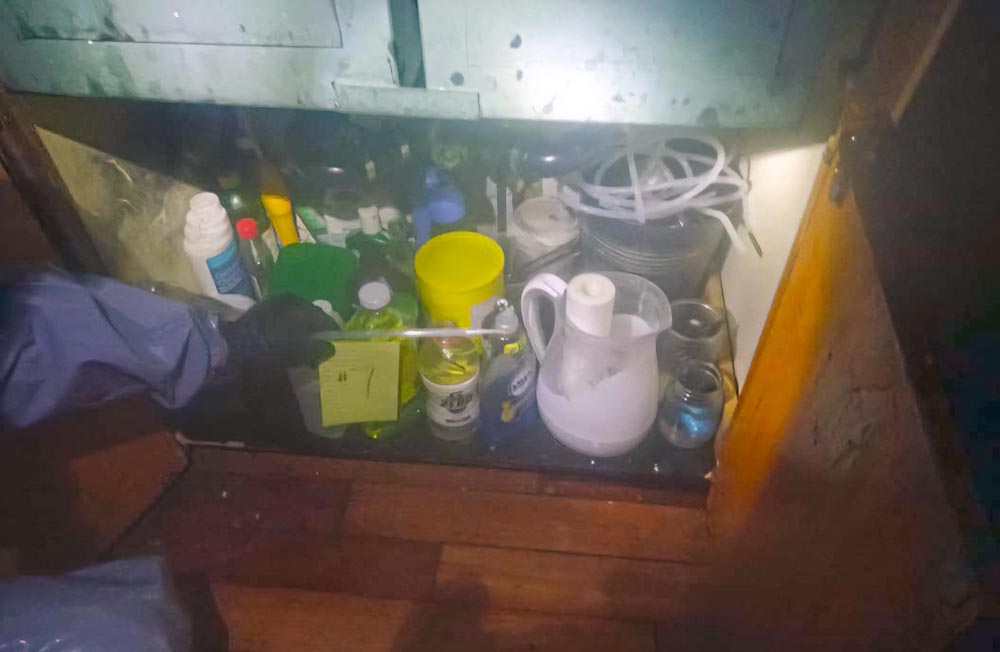Chantel Downes
Local Journalism Initiative Reporter
This initiative, aimed at reducing aggressive panhandling, illegal camps, and warming fires, comes after the outreach staff from the Cold Lake John Howard Society had to shut down operations several times due to threats of violence, according to the City of Cold Lake.
In a press release, Mayor Craig Copeland highlighted the City’s commitment to supporting those in need while also ensuring public safety.
“It’s concerning to hear that the potential for violence has led professional social workers to pause their operations,” Copeland said. “It is important to help those in our community who are in a vulnerable position, who have become unhoused, or who are suffering through addictions or mental health issues. It is equally as important to protect the people who are dedicated to helping them, the investment business people have made in our community, and the public at large.”
However, the homeless population and escalating violence have prompted the City to act.
According to Leona Heisler, Program Manager with the Cold Lake John Howard Society, “We have a banned list of people that aren’t allowed in for one reason or another. We also access bylaw and the RCMP as well.”
She explained the society may call authorities when dealing with aggressive individuals or those with significant mental health issues, emphasizing that “We don’t have a homeless problem – we have addictions and mental health issues.”
The City of Cold Lake’s Municipal Enforcement Department, in collaboration with the RCMP, is focusing on habitual offenders, with a targeted enforcement initiative aimed at reducing public safety risks.
Copeland expressed concern over the growing number of habitual offenders in Cold Lake.
The homeless count has reportedly increased from 156 to 195 in just the past month, according to information from the City of Cold Lake.
Heisler suggests that the homeless population in Cold Lake fluctuates, as many people are just passing through.
“I would say that we have the regular group of people that access [services]. But of course, we always get like a new person here and there.”
She adds that some people come from nearby areas and might hitch a ride with someone who is visiting Cold Lake to shop, for example.
“If they miss their ride back… they can end up stranded here for a few days.”
Despite efforts to address these issues, Heisler pointed out the challenges in accessing mental health services and treatment for addictions.
“I am really finding there’s really not a lot of services for mental health,” she said. “Also with addictions as well… We may have somebody that’s ready to go to treatment or detox or things like that and they may have a four-week wait to get into detox or treatment… By that time, they may not be ready.”
Heisler points out that increasing the number of effective treatment programs would greatly benefit people with mental health issues and help reduce homelessness.
Speaking to how the municipality plans to manage the ongoing issues, the City states, “Many of the individuals who have been found to repeatedly threaten violence and create illegal encampments with dangerous warming fires have been in and out of the court system with little to no consequences for their actions.”
The information from the City also states, “If fines don’t stop this behaviour, and it continues to the point where fines have accumulated, the City will seek to have individuals face jail time in penitentiaries under provisions that penalize unpaid fines.”
The mayor also added, “The residents of Cold Lake have gone to great extent and significant expense to provide shelter and support for vulnerable people… At the same time, we need to ensure that the residents of Cold Lake and their businesses are not victimized as a result.”
Chantel Downes
Local Journalism Initiative Reporter
Lakeland This Week


